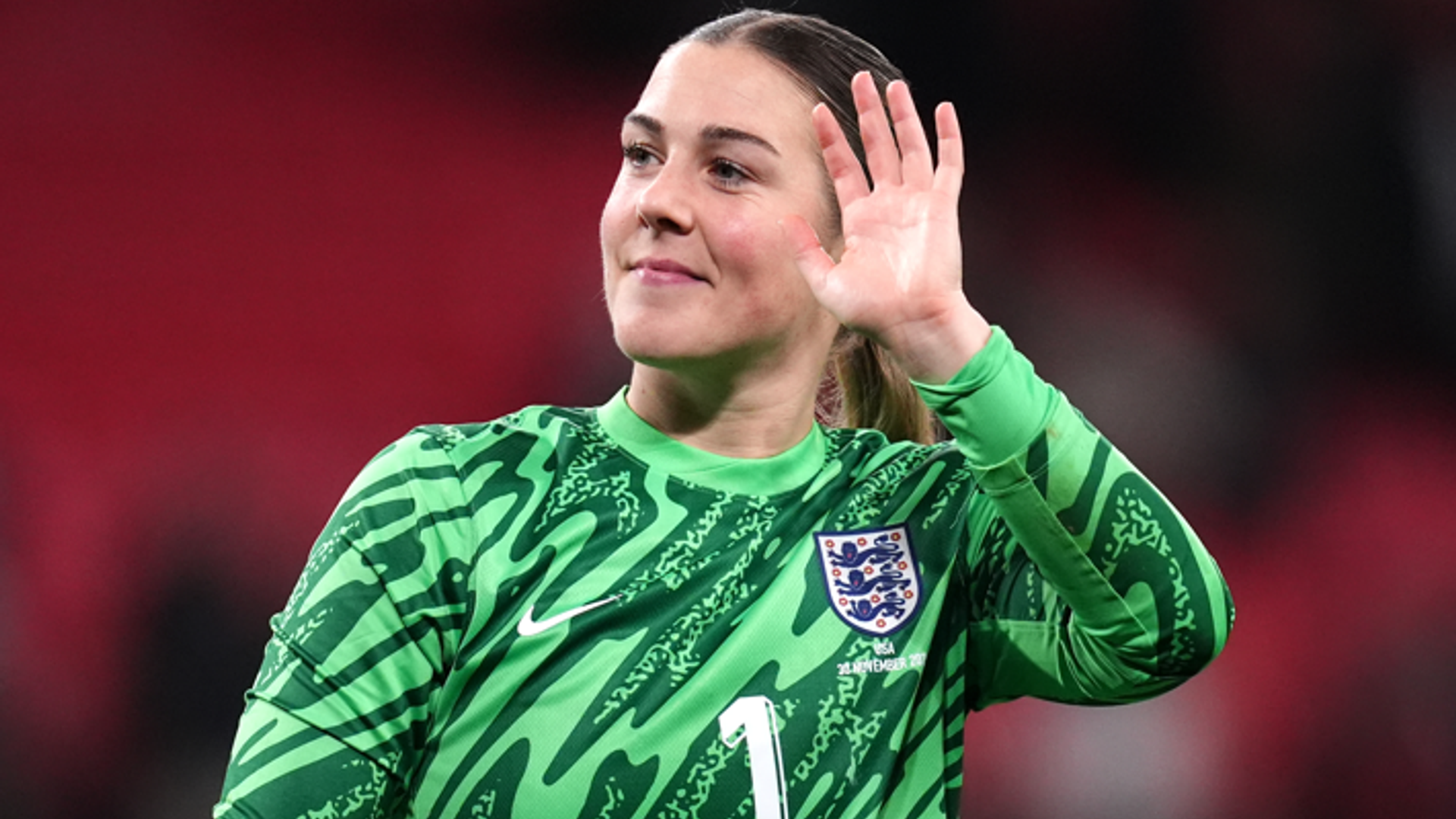VAR Controversy Mirrors Political Discord: Dyche’s Frustration Unveils the Battle Over Integrity in Football and Beyond
In the realm of modern football, the introduction of Video Assistant Referee (VAR) technology was heralded as a revolutionary step towards ensuring fairness and accuracy. Yet, it seems that the system, rather than serving as a beacon of integrity, has instead ignited fierce debates akin to those seen in divisive political arenas. The recent outcry from Sean Dyche, manager of Burnley, following a controversial goal by Manchester United, exemplifies the fraught relationship between technology and the human element of sport, reflecting broader societal issues around trust, transparency, and decision-making.
Dyche expressed his disbelief at VAR’s handling of the incident that led to United’s first goal during a match against Burnley. The crux of his frustration lay in the belief that the ball had not fully crossed the line when play was halted, a situation reminiscent of politically charged debates where interpretations of rules are often clouded by bias and power dynamics. The incident not only raised eyebrows among fans and analysts alike but also reignited discussions about the efficacy and reliability of VAR technology in high-stakes situations.
The technology was designed to eliminate clear and obvious errors, but instances like this challenge its credibility, mirroring the skepticism that often surrounds governmental and institutional decisions. Just as political leaders must navigate public trust while implementing policies, football authorities are tasked with ensuring that VAR is employed in a manner that maintains the integrity of the game. Dyche’s vehement reaction suggests a fracture not only within the sport but also among the fans who feel increasingly alienated by decisions that appear arbitrary and influenced by unseen forces.
The backlash against VAR isn’t limited to this single incident. Over the years since its implementation, numerous high-profile matches have been marred by contentious decisions, leading to protests from players, coaches, and supporters. The debate often centers around the subjectivity of what constitutes a clear error, a concept easily manipulated depending on the perspectives of those involved. This ambiguity fuels arguments that echo through the halls of political discourse, where definitions of truth and fairness are often hotly contested.
To understand the implications of Dyche’s frustration, it’s essential to consider the broader context of VAR’s integration into football. Initially met with enthusiasm, VAR was supposed to usher in a new era of accountability. However, its practical application has been fraught with challenges, ranging from inconsistent rulings to a perceived lack of transparency in decision-making processes. For many fans, VAR has not only disrupted the flow of the game but has also diminished the human element that is central to its appeal. This sentiment resonates with public frustrations over bureaucratic inefficiencies that plague political systems and organizations.
Sean Dyche’s remarks reflect a growing concern among managers regarding the impact of technology on traditional aspects of football. Coaches often find themselves at the mercy of a system that can alter the course of a match in mere seconds, leaving them powerless to influence the outcome. This dynamic mirrors the political landscape, where leaders can feel similarly constrained by policies and regulations that do not resonate with their constituencies or reflect their values.
The incident involving Dyche and VAR also highlights the emotional investment that fans and players have in their teams. The loyalty and passion associated with football run deep, much like the fervor seen in political movements. When decisions made by distant officials undermine that loyalty, it can provoke widespread outrage and division among supporters. This mirrors how voters may react to perceived injustices within electoral processes, leading to protests or calls for reform.
As discussions around VAR continue to evolve, it becomes increasingly clear that the technology’s impact on football extends far beyond the pitch. The conversations it sparks reflect a larger struggle between tradition and the adoption of new methods, paralleling ongoing debates in various sectors of society about the balance between innovation and the preservation of established practices. This tension is felt acutely in sports, where the integrity of the game hangs in the balance amid technological advancements that aim to enhance its fairness.
In light of these complexities, the future of VAR remains uncertain. Stakeholders in football must grapple with the challenge of aligning technology with the ethos of the sport while maintaining public trust. This delicate balance is not unlike the political landscape, where leaders must navigate the waters of progress and tradition to foster confidence among their constituents. Dyche’s outcry serves as a stark reminder of the stakes involved and the need for continued dialogue about the role of technology in shaping the future of football.
As the debate surrounding VAR rages on, one thing is certain: the intersection of sport and technology will remain a contentious and polarizing topic. The implications of these discussions extend beyond the realm of football, touching upon fundamental issues of integrity, trust, and the governance of both sports and societal institutions. Football, like politics, is a microcosm of the broader human experience, where the stakes are high, and the quest for fairness remains a universal aspiration.




